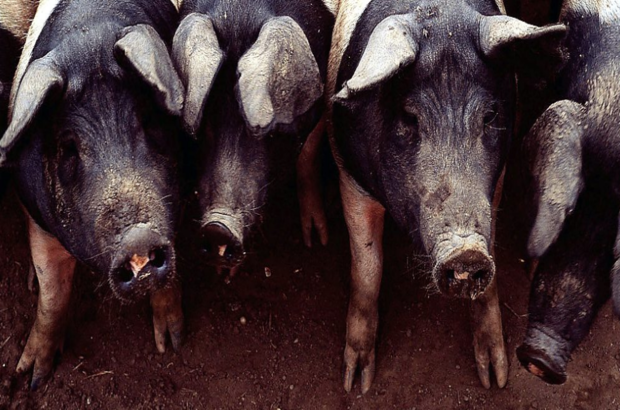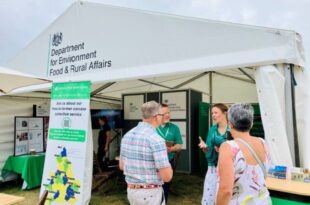We are invited to join a number of panel discussions, Q&A sessions and webinars, hosted by external organisations.
This post contains links to some recent events. Posts of this kind are tagged 'conversations we're having'.
Farming Today
The BBC's Charlotte Smith speaks to Janet Hughes about the agricultural transition and the principle of 'public money for public good'.
Listen to the interview to find out about:
- the future of food production
- farming finance
- landscape recovery and rewilding
- the new entrants scheme
- lump sum exit scheme
Yorkshire farmers’ Q&A
The Yorkshire Agricultural Society met virtually with Defra’s Janet Hughes to discuss the direction of new agricultural policies.
Members of the Future Farmers of Yorkshire and Women In Farming Network took part in the wide-ranging discussion.
In this video, you can find out more about:
- Sustainable Farming Incentive
- Farming Investment Fund, farm inspections
- opportunities for new entrants



2 comments
Comment by Philip Merricks posted on
Really good to hear Janet Hughes being interviewed on the farming programme on Thursday morning and again on the repeat this morning. It was great to listen to someone who sounded really enthusiastic about their role in Defra, especially when she said that she had - “the best job in Government”. In the interview, she said that, as a result of Defra’s new policy of Public Money for Public Goods, Defra will be paying for actions rather than outcomes. In other words, Defra will be paying for process rather than product. Which is quite understandable and probably unavoidable as it would be hugely difficult to measure outcomes of things like farmland birds which are, to say the least, somewhat mobile. But and it’s a very large BUT, that means that Defra will have to make sure that the processes (ie the prescriptions) are the right ones. Which in the case of Defra’s HLS prescriptions for breeding waders, such as for the quintessential farmland bird, the Lapwing, it’s very clear that they are not. In fact, it’s even worse than that, as it has become very evident over the years, that the Defra breeding wader prescriptions are not just unproductive but that they are in fact, counterproductive. Yes counterproductive. The reason being that the Defra prescriptions focus solely on habitat creation and ignore the crucial need to ensure that chicks are safely fledged. It has become apparent that what the Defra HLS prescriptions are currently doing is attracting breeding birds into the new habitats (that’s good) but then doing nothing about ensuring that chicks are safely fledged (that’s bad). In other words Defra are creating what ecologists call an habitat trap (an ecological trap). How tragic for these birds. It’s great that from her interview, it sounds as if Janet Hughes will have a go at putting this right. For the sake of our farmland birds, let’s hope so. Happy Easter.
Comment by Lisa Warne posted on
Thanks for your comments, Philip, and I am pleased you enjoyed listening to the interview with Janet on Farming Today. In developing our new schemes that reward environmental benefits, we’re learning lessons from past agri-environment schemes to adapt for the future. One of these is moving away from the bureaucracy and prescription that was required under EU schemes. We are therefore looking to introduce a new approach to paying for public goods that provides more choice and control for farmers and places a greater focus on outcomes and the main practices and interventions that support them. Thanks. Lisa, Payments Lead (environmental land management)